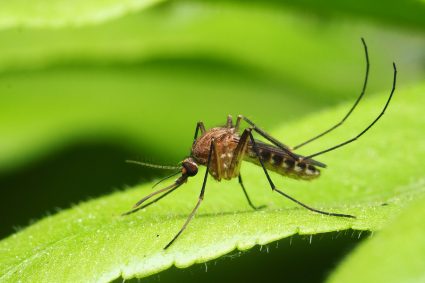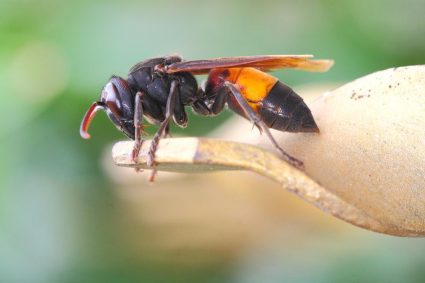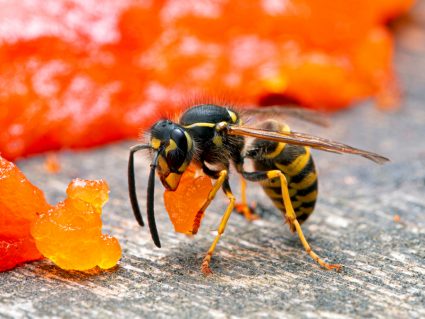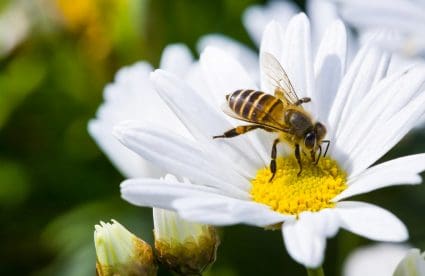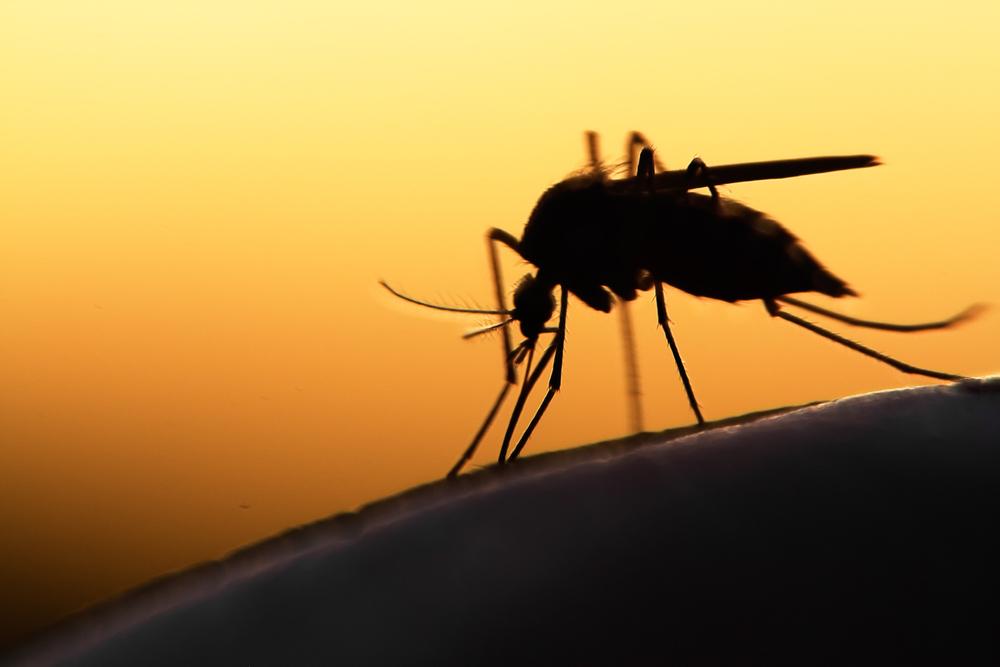
Mosquitoes are more than just a nuisance; they can carry and spread diseases such as malaria, dengue, and Zika virus. While commercial bug sprays and insect repellents are available, many people are looking for natural alternatives to keep these pesky insects at bay. In this comprehensive guide, we will explore the potential of certain fruits in repelling mosquitoes, backed by scientific studies and expert opinions.
Certain fruits like grapefruit, breadfruit, citrus fruits, and tomatoes have compounds that can potentially repel mosquitoes. Grapefruit and citrus fruits contain a compound called nootkatone, breadfruit flowers have three mosquito-repelling chemicals, and tomatoes are rich in thiamine which may repel mosquitoes. However, the effectiveness of these fruits varies and more research is needed.
Grapefruit: The Power of Nootkatone
Grapefruit, a citrus fruit, contains a compound called nootkatone. This compound has been found to be effective in repelling mosquitoes. You can enjoy grapefruit as a snack or use grapefruit oil on your skin as a natural mosquito repellent. However, it’s important to note that the evidence supporting the effectiveness of grapefruit and nootkatone in repelling mosquitoes is still limited.
Breadfruit: Nature’s Repellent
Breadfruit flowers contain three chemicals that are effective in repelling mosquitoes. In some regions, people dry and burn clusters of breadfruit flowers to keep mosquitoes away. Burning these flowers releases chemicals that are more effective at repelling mosquitoes than DEET, a common insecticide found in commercial bug sprays.
Citrus Fruits: The Smell Mosquitoes Hate
Mosquitoes are not fond of the smell of citrus fruits, which include oranges, lemons, and limes, in addition to grapefruit. Citrus fruits contain a mosquito-repelling compound called nootkatone. Consuming these fruits or using their essential oils in DIY repellents can potentially help keep mosquitoes at bay.
Tomatoes: The Thiamine Shield
Tomatoes are rich in thiamine (vitamin B1), which is believed to release a smell that repels mosquitoes and other bugs when consumed. However, the effectiveness of tomatoes in repelling mosquitoes is not well-established, and more research is needed in this area.
Effectiveness Compared to Commercial Repellents
Though certain fruits and plant-based products show promise in repelling mosquitoes, their effectiveness varies and may not be as long-lasting as commercial repellents containing DEET or other synthetic chemicals. Factors such as concentration, application method, and individual response can all impact their effectiveness.
Potential Side Effects and Drawbacks
Using fruits as mosquito repellents may come with potential side effects, such as skin irritation or allergic reactions. Moreover, many plant-based repellents may not offer the same level of protection as commercial repellents, and some have not been tested for efficacy and safety.
Repelling Other Insects and Pests
Some fruits and their extracts may also repel other insects or pests. However, the effectiveness of these fruits in repelling insects may vary depending on factors such as the type of insect, the concentration of the repellent compound, and the environment in which they are used.
In conclusion, while certain fruits may help repel mosquitoes, it’s important to remember that their effectiveness varies and more research is needed. However, incorporating these fruits into your diet or using their extracts may help keep mosquitoes at bay. Always remember to test any new repellents on a small patch of skin first to ensure you do not have an allergic reaction.
Frequently Asked Questions
Can I use any type of citrus fruit to repel mosquitoes?
Yes, you can use any type of citrus fruit to repel mosquitoes. All citrus fruits contain the compound nootkatone, which is known to repel mosquitoes. This includes oranges, lemons, limes, and grapefruits.
Are there any other natural ways to repel mosquitoes?
Yes, there are other natural methods to repel mosquitoes. Certain herbs and plants, such as lemongrass, lavender, and marigolds, are known to repel mosquitoes. You can also use essential oils like eucalyptus and citronella as natural mosquito repellents.
Is it safe to apply fruit extracts directly on the skin?
While it is generally safe to apply fruit extracts on the skin, it is always recommended to do a patch test first, as some people might have allergic reactions to certain fruit extracts. Also, make sure to dilute essential oils with a carrier oil before applying them to your skin to avoid irritation.
How often should I apply these natural repellents?
The frequency of application depends on various factors such as the concentration of the repellent, your level of activity, and the number of mosquitoes in your area. As a general rule, reapplication every two hours is typically effective. However, keep in mind that natural repellents may not be as long-lasting as commercial ones.
Can eating these fruits repel mosquitoes?
While some believe that consuming foods rich in vitamin B1, such as tomatoes, can repel mosquitoes, the scientific evidence supporting this claim is limited. It is more effective to use the fruits or their extracts directly on your skin or in your environment.

